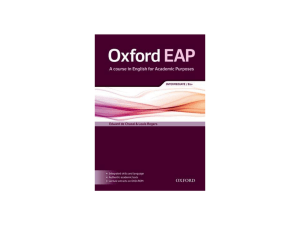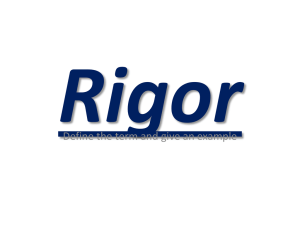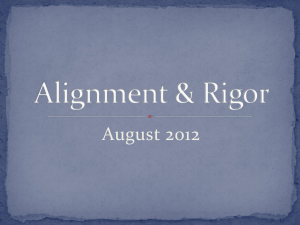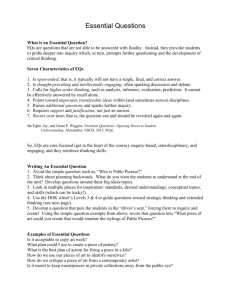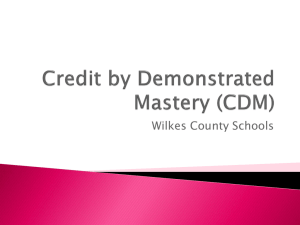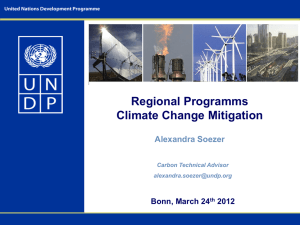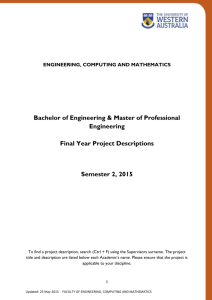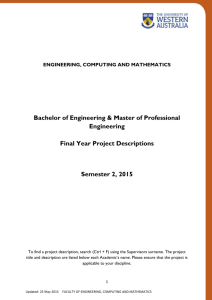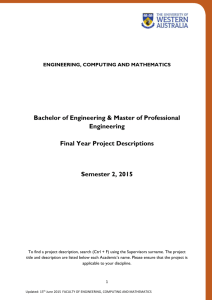High School World Languages
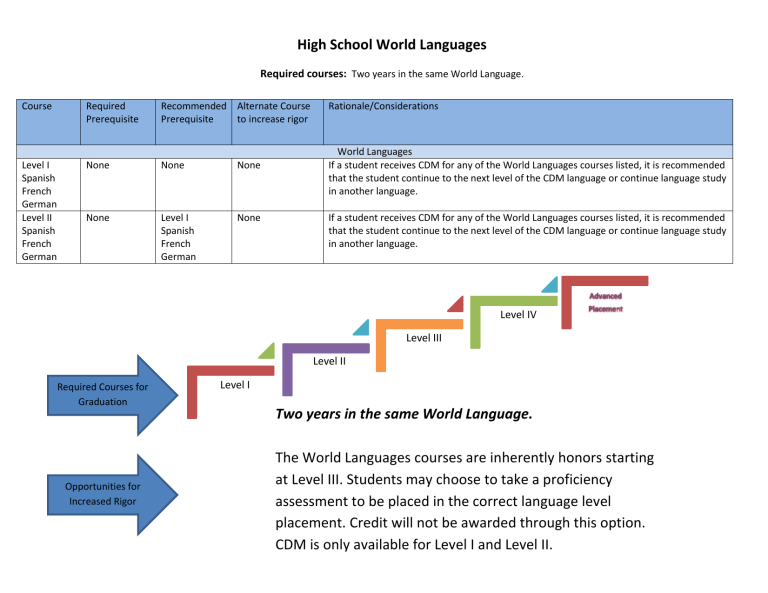
Course
Level I
Spanish
French
German
Level II
Spanish
French
German
High School World Languages
Required courses:
Two years in the same World Language.
Required
Prerequisite
Recommended
Prerequisite
Alternate Course to increase rigor
Rationale/Considerations
None
None
None
Level I
Spanish
French
German
None
None
World Languages
If a student receives CDM for any of the World Languages courses listed, it is recommended that the student continue to the next level of the CDM language or continue language study in another language.
If a student receives CDM for any of the World Languages courses listed, it is recommended that the student continue to the next level of the CDM language or continue language study in another language.
Required Courses for
Graduation
Opportunities for
Increased Rigor
Level IV
Level III
Level II
Level I
Two years in the same World Language.
The World Languages courses are inherently honors starting at Level III. Students may choose to take a proficiency assessment to be placed in the correct language level placement. Credit will not be awarded through this option.
CDM is only available for Level I and Level II.
Sequence for Rigor
Courses for Rigor Recommended
Prerequisite
World Language
Level II
Level I
World Language
Level III (H)
World Language
Level IV (H)
World Language
Level V (H)
World Language
Advanced Placement
Level II
Level III
Level IV
Level IV or V
Description of Content
This course provides students with opportunities to continue the development of their listening, speaking, reading, and writing skills. Students participate in short conversational situations by combining and recombining learned elements of the language orally and in writing. They are able to satisfy basic survival needs and interact on issues of everyday life in present time and past time, inside and outside of the classroom setting. They compose related sentences which narrate, describe, compare, and summarize familiar topics from the target culture. Focus is placed on understanding main ideas in simple text. Students develop a better understanding of the similarities and differences between cultures and languages and they examine the influence of the beliefs and values on the target culture(s). Integration of the other disciplines is ongoing throughout the course.
This course provides students with additional opportunities to expand their listening, speaking, reading and writing skills as they create with the language and access various materials (short literacy texts, authentic materials, technical manuals, and other media) in generally familiar topics.
Students satisfy limited communication and social interaction demands as well as initiate and maintain face-to-face communication. They identify main idea(s) and some details in discussions, presentations, and written texts within a cultural context; read and interpret authentic materials; narrate and describe in a series of sentences, groups of related sentences, and short cohesive passages in present, past, and future time; and compose messages, announcements, personal notes, and advertisements. Students continue to refine their knowledge and understanding of the target language and culture(s) and their own by examining the interrelationship of other cultures to their own, by demonstrating behaviors appropriate in target cultures, and by applying their knowledge and skills inside and outside of the classroom setting.
Integration of other disciplines is ongoing throughout the course.
A major focus of this course is to enable students to communicate in writing and in extended conversations on a variety of familiar and some unfamiliar topics. Students begin to narrate, discuss, and support fairly complex ideas and concepts using concrete facts and topics with details in a variety of times. They satisfy routine social demands and meet most social requirements. The emphasis of this course can vary, as described above. Many different types of text (short stories, poetry, excerpts from various periods of literature, current events, technical manuals, and other authentic materials) are included, depending on the emphasis and providing for independent reading. Finer points of grammar are studied to aid oral and written communication. There is more in-depth study of the target culture(s) and their influence throughout the world. Students are able to connect the target language to other disciplines and can compare it to their own. Finally, they are able to use the language inside and outside of the classroom setting.
This course emphasizes the use of language for active communication. Students develop language skills (reading, writing, listening, and speaking that can be used in various activities and disciplines, and in formal and informal settings, rather than focusing on any specific subject matter.
Emphasis is placed on the comprehension of the spoken and written target language in various contexts, coherent, and resourceful communication, and the organization and sharing of oral presentations and written presentations. Level V is not offered at all schools.
This course emphasizes the use of language for active communication. Students develop language skills (reading, writing, listening, and speaking) that can be used in various activities and disciplines, and in formal and informal settings, rather than focusing on any specific subject matter. Emphasis is placed on the comprehension of the spoken and written target language in various contexts, coherent, and resourceful communication, and the organization and sharing of oral presentations and written presentations.
This course follows the prescribed curriculum of the Advanced Placement program. Instruction focuses on the mastery of language skills through increased reading, conversation, and composition at the college level. It is expected that students enrolled in this course will take the College
Board Advanced Placement Test.


